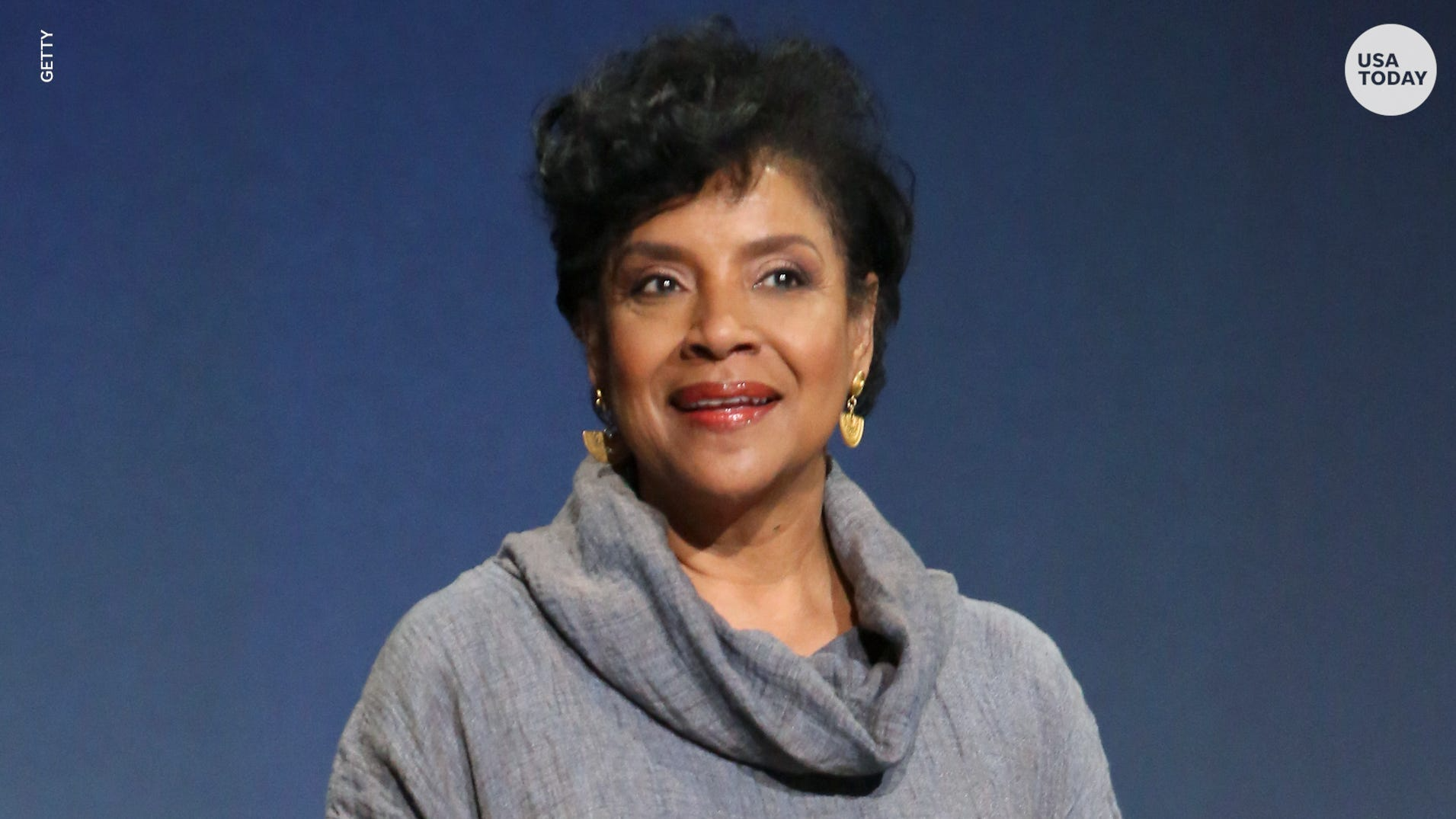
Behind every great show is a team of creative minds who help bring the vision to life. In the case of The Cosby Show, the creative team not only made a groundbreaking sitcom but also helped shape the future of television. The show’s success changed the way networks approached sitcoms, and its cultural significance paved the way for more inclusive and diverse programming.
One of the most important aspects of The Cosby Show was its casting. Bill Cosby’s decision to cast a predominantly African-American cast was revolutionary. At the time, it was rare to see an African-American family at the center of a mainstream television show. This decision was not only a reflection of Cosby’s vision but also a statement about the importance of representation on TV. By showcasing an African-American family in a positive light, The Cosby Show challenged racial stereotypes and opened the door for other shows that featured diverse casts.
Moreover, the show’s success demonstrated that audiences were ready for more than just traditional, formulaic sitcoms. The Huxtables were a family viewers could relate to, regardless of their race. They were navigating issues like parenting, education, and career goals in ways that felt real and authentic.
The show’s impact extended beyond race. The success of The Cosby Show proved that TV shows could be both entertaining and thought-provoking. The show’s ability to tackle serious issues while still delivering humor set a new standard for sitcoms and paved the way for future TV shows that combined comedy with more substantive content.
